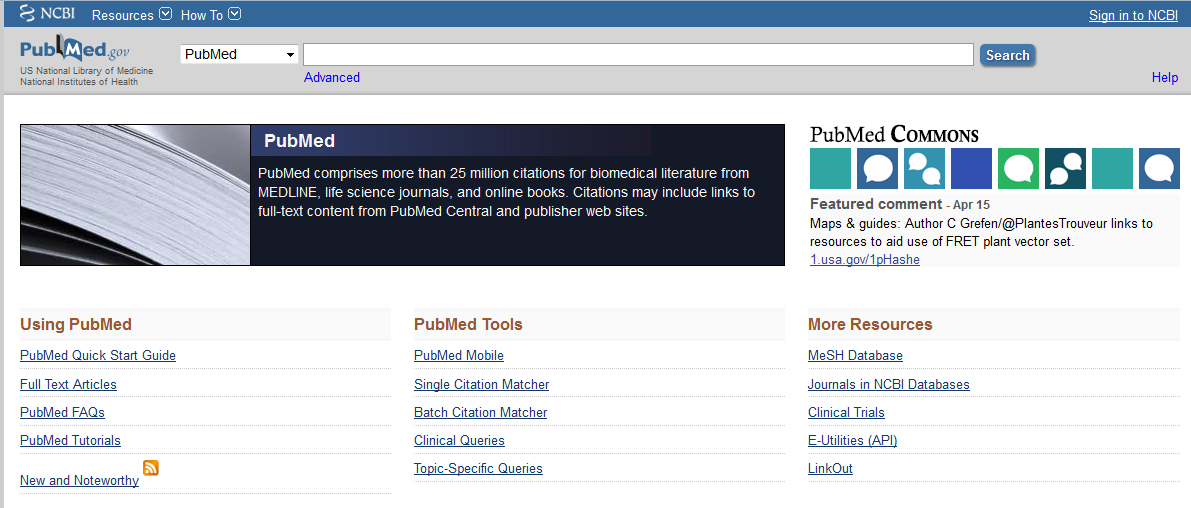Short answer: use a free literature search service such as PubMed or EuropePMC. As an example of how to use it for the example you give, searching EuropePMC "evolution of homosexuality" (as a phrase) gets you to this paper, the full text of which is then available straight from the search result.
The best way to find scientific papers on a specific topic is to use a literature search engine. There are five main ones I'm familar with so will discuss specifically: PubMed, Google Scholar, Scopus, Web of Science and EuropePMC.
Each has advantages and disadvantages. There are some published comparisons of different search providers (e.g. Falagas et al. 2008, Anders & Evans 2010, Schultz 2007) but the main difference in practice unless you are at a major university is that PubMed, Google Scholar and EuropePMC are all free, while Scopus and WoS are subscription-only.
Other major differences include:
- PubMed is designed for biomedical use, although in my experience
coverage of other areas of the life sciences is acceptable. There are
tutorials on using PubMed here.
- Google Scholar includes a lot of 'grey literature' which is not
peer-reviewed, which could be an advantage or a disadvantage. I tend
to steer clear of it unless I am specifically interested in the grey
literature.
- Scopus and Web of Science (previously Web of Knowledge) are
subscription service operated by Elsevier and Thomson Reuters
respectively. Both integrate additional article metric functionality
for example H-index and impact factor, although it
doesn't sound like you would need these. I find Scopus slightly
easier to use and a few comparative studies suggest its coverage is
slightly more complete but there's not much to choose between them.
- Finally, the 'new kid on the block' is EuropePMC which seems to be
very similar to PubMed but apparently indexes substantially more articles
than PubMed. It also has some nifty functionality such as searching
by grants, linking to ORCIDs etc. It allows search automation via
software packages which is very useful for systematic reviews etc
(others may also do this but if so I haven't found it yet). I think it's becoming my favourite.
As a final cautionary note, different search services cover different journals and have different biases. If you're doing a systematic review paper or meta-analysis the official PRISMA guidelines recommend using at least two different services to minimise this problem.
(Many thanks to the many other users who added useful comments and shorter answers to this question; I'm just trying to collect them all together)

